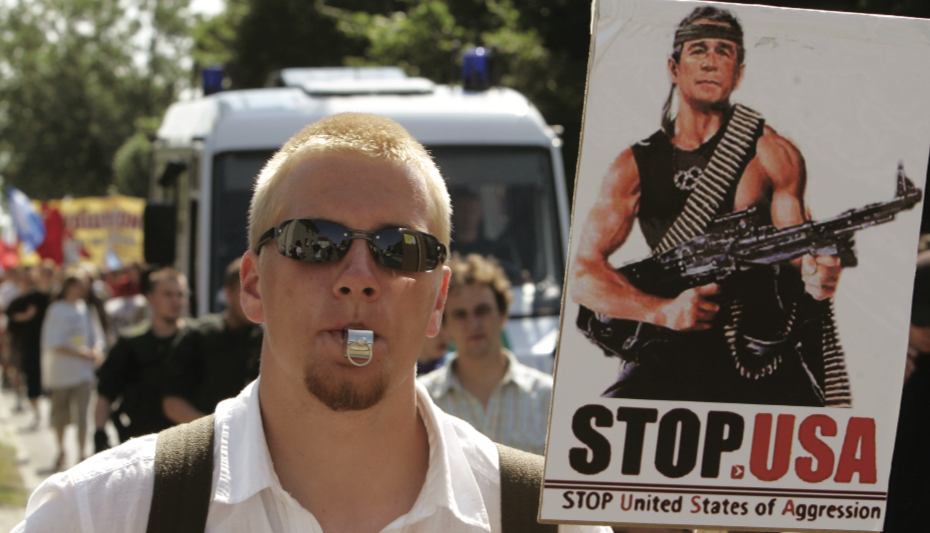Qatari-Indian ties to deepen

In its push to diversify its economy and expand investment and business activities abroad, Qatar is reaching out to India – and India is reaching back.
Within the past month there has been much activity in Qatari-Indian business relations, some in the more traditional field of energy but also in finance and other non-oil related sectors. Qatar has long had close ties with the Indian economy, being the country’s largest single supplier of gas, a position that is set to expand. India, too, is home to many of the migrant workers employed in Qatar, whose remittances are a major source of cash for the Indian economy.
With the growth of India’s economy into a global powerhouse, and Qatar’s drive to spread its economic wings, the relationship is set to deepen. Bilateral trade between India and Qatar has an estimated value of just $1 billion, the majority represented by the export of $690 million worth of Qatari liquid natural gas (LNG).
In mid-October, the Qatar National Bank announced it was seeking to break into the Indian market: “Entry is difficult but we are looking at different options for entry into India,” said Ali Shareef al-Emadi, the bank’s acting chief executive in October, adding that the move was part of a wider expansion plan for the bank.
Looking for options
In early October, another door opened for Qatari investment in India, with the country’s National Thermal Power Corporation offering the Qatar Investment Authority a 40% stake in its gas-fired power project in the state of Kerala. NTPC is planning a major expansion of its plant there, lifting capacity from 350MW to 1,950MW, and it is looking for partners; Qatar, as India’s leading gas supplier, is a natural choice.
The proposal came only a week after a call for Qatar to buy a stake in Indian gas company Petronet. Following a meeting with Qatar’s finance minister, Yusuf Hussain Kamal, Petronet’s managing director said that he had proposed Qatar buy a stake of up to 12.5% in the company through a soon-to-be-floated $100 million foreign currency convertible bond issue. A delegation of officials from the Qatar Investment Agency will visit India shortly to look into the proposal.
Long-term agreement
India has also announced that it is seeking a further long-term agreement with Qatar to provide an additional 10 million tons of LNG annually, starting from 2010, yet another fillip to Qatar’s strongly performing energy export trade.
In mid-September, on the sidelines of the Non-Aligned Summit in Havana, Qatar’s Crown Prince Sheikh Tamim bin Hamad Al Thani met with Indian Prime Minister Manmohan Singh, with the focus of talks being further direct Qatari involvement in the Indian economy.
Though the full details of the discussions were not made public, a statement following the meeting said that Qatar was considering investments in India’s infrastructure and energy sectors. Likewise, India is considering opportunities in Qatar’s construction, transport, communication, oil-related service industries, IT, education and banking sectors.
However, there is a sticking point with Qatar’s desire to become more deeply involved in India’s economy, said al-Emad: India has only just begun opening up its market to overseas banks and financial institutions.
An example of this is Doha Bank’s application to operate in India, which has been held up at the Reserve Bank of India since last year. It is important for India to further liberalize policies to promote trade to the maximum, said Doha Bank Deputy Chief Executive Officer R. Seetharaman.
India must look at the bigger picture, he said. Since funds are required for infrastructure development, financial institutions and banks must be allowed to come in to speed up the process.
In many ways, Qatar and India are natural business partners. Both are looking to expand their economies, with the emirate having cash to invest and India actively seeking investment. Qatar already has a strong position in the Indian energy sector as a major supplier—a position that appears set to be consolidated as India’s demand for gas expands along with its economy. If India lowers a few more barriers in its financial sector, the distance between these two countries will narrow further.




